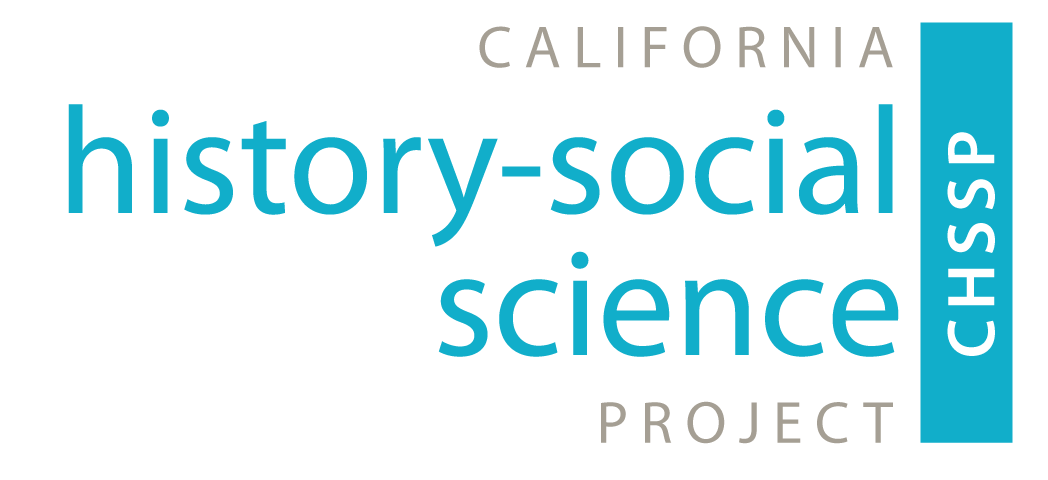U.S.-Cuban Relations during the Cold War and Today
The CHSSP's Cold War History Blueprint includes a lesson (download here - see pages 74-81) designed to give students insight into the conflict between Cuba and the United States during the early Cold War. The lesson includes excerpts of speeches by President Kennedy and Cuba's Fidel Castro, along with literacy support and comprehension questions.
In these speeches, President Kennedy accuses Castro’s government of squashing the freedoms of “gallant men and women fighting to redeem the independence of their homeland,” and regards Cuba’s socialist government as a threat to freedom throughout the Western Hemisphere; in his speech, Fidel Castro casts the United States as imperialist and exploitative, out for economic gain at the expense of less technologically advanced nations. Castro calls for revolution to overthrow the ruling class and warns that the United States’ course of action will “evoke universal hatred against themselves.” Today these speeches provide necessary historical context to understanding the decades’ worth of mistrust and hostility between Cuba and the United States.
The words of these Cold War leaders also remind us that these fundamental disagreements are based in opposing political and economic systems that will not easily be resolved through diplomatic negotiations. After students read the current events piece and go through the Cold War lesson, a classroom discussion could include such questions as:
- What does the United States stand to gain from restored diplomatic relations?
- What does Cuba stand to gain from restored diplomatic relations?
- How do you imagine other Latin American countries view the conflict? What might their view be toward restored relations?
- How does this diplomatic development help you understand U.S. foreign policy today? What similarities and differences do you see from the Cold War era?
- How are these old Cold War conflicts reshaped by current international developments? What are the implications for other Cold War conflicts – i.e. with Russia and other Communist or former Communist countries?
Coming at the diplomatic conflict from these different angles - historic arguments and present-day negotiations - allows students to develop a more nuanced understanding of today's current events.
Find some background information in the Current Context issue: "Cuba and the U.S."
